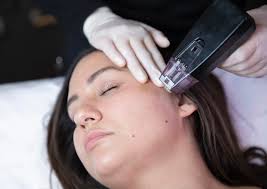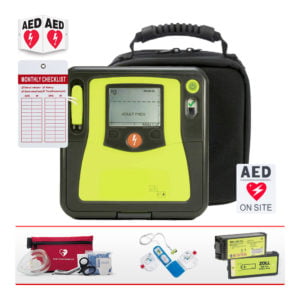Technological Advancements in Musculoskeletal Diseases Treatment Market
According to The Insight partners global musculoskeletal diseases treatment market is expected to reach US$ 5,730.8 Mn in 2025 from US$ 3,837.9 in 2017. The musculoskeletal diseases treatment market is estimated to grow with a CAGR of 5.3% from 2018-2025.
The report highlights the trends prevalent in the global musculoskeletal diseases treatment market and the factors driving the market along with those that act as restraints to its growth. The global musculoskeletal diseases treatment market is witnessing a sheer rise in the current scenario and is expected to expand in the coming years. Technological advancements in musculoskeletal disease diagnosis is one of the major factor to propel the demand of musculoskeletal diseases treatment. However, non-existence of skilled professionals is expected to hinder the market growth.
Musculoskeletal diseases treatment is performed with the help of most flexible diagnostic imaging modalities that has capabilities to characterize a wide range of parameters in the living subject as well as provide an exquisite spatial resolution. For instance, in June 2018, Konica Minolta Healthcare Americas, Inc., launched the SONIMAGE MX1 portable ultrasound system, developed for musculoskeletal (MSK) and orthopedic practices, interventional guidance and outpatient centers. SONIMAGE MX1 is made with power, portability that physicians need to make a confident and efficient diagnosis at the point-of-care. In March 2018, Philips introduced a new 3-tesla MRI scanner named Ingenia Elition 3.0T at the ECR 2018 in Vienna. For instance, in March 2017, Toshiba Medical launched the advanced Aplio i-series ultrasound platform developed for fast and reliable musculoskeletal (MSK) diagnoses. The platform expands the ultrasound for MSK imaging with enhanced resolution, penetration, and innovative tools for the enhancement of clinical workflow.
Musculoskeletal disorders (MSDs) affects the nerves, tendons, muscles and supporting structures, such as the discs in back. They result from one or more of these tissues having to work harder. The MRI scans do not use any ionizing radiations and thus the patients undergoing these scans are safe from the harmful effects of ionizing radiations. It’s very essential to be skillful and experienced for technicians in the process of diagnosis of the MSDs, most of these steps are performed by professionals. The shortage or absence of radiologists in hospitals greatly impacted the patient care. The members should have received the training by experienced professional researchers, and specialist skill sets needed through trial and error, are still highly relevant to the success of imaging methods. Thus, the lack of skilled professionals are expected to hinder the adoption of the diagnosis treatment thereby obstructing the market growth of the global musculoskeletal diseases treatment market.
The cost of the musculoskeletal diseases treatment is high in many hospitals due to the equipment. According to the Medicare Pricing Data 2015, the average price of an MRI scan in US costs up to US$ 2,611. The reason behind high costs of MRI tests is the high cost of capital equipment as well as set up cost of the system incurred by private hospitals. MRI machines are available in variety of sizes and powers.
Moreover, the cost of the ultrasound used for the musculoskeletal diseases treatment is US$1,000 to US$ 5,000 per piece. The prices can vary according to the additional components added in the equipment. Additionally, the systems can be divided into low-field and high-field MRIs. A good quality MRI machines usually are on the very expensive side ranging between US$ 1.2 Million to US$ 5 Million. Thus, the high capital as well as maintenance costs of the diagnostic systems are expected to confine the growth of global musculoskeletal diseases treatment market over the forecast years.
The major players operating in the musculoskeletal diseases treatment market include General Electric, Koninklijke Philips N.V., Siemens AG, Canon Medical Systems Corporation, Hitachi, Ltd., Accuray Incorporated, MR Solutions, Alltech Medical Systems, Terason Division Teratech Corporation, and Echo-Son SA.



Leave a Reply
You must be logged in to post a comment.